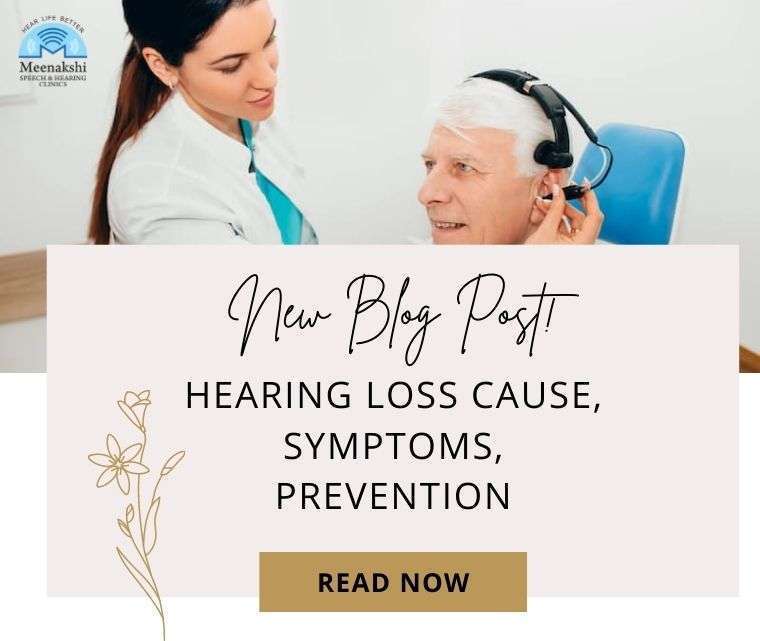Being human it is a privilege to curate your directions as per the need and sentiments of environmental changes, and to execute such reactions and actions human anatomy needs the 6 senses in proper functionable way. In this article you’ll find the Hearing loss Symptoms, Cause, Types & Prevention, read below.
cadena seguridad para moto astro a50 ps4 and pc carhartt uk nike daybreak uomo balenciaga 2017 shoes koaxialní kabel hornbach pallone calcio a 11 babyphone mit alexa verbinden shampoo isdin lambdapil Mexico jayden daniels lsu jersey meia com pompom adidas yeezy shoes carhartt uk Purchase college team jerseys at a discounted price and of high quality welche kaffeemaschine für 1 personHearing ability is one of the anatomical parts of human senses. Hearing ability can be faulty or disrupted by circumstances. Hearing loss can be a default characteristic of a human from the day of his/her birth.
According to the National Institute on Defense and other communication disorders , about 25 percent of those between the age of 65 to 75 years experience hearing loss.
What is Hearing loss ?
Hearing loss is when you are unable to hear partially or completely from one or both ears and
Types of Hearing Loss –
There can be many causes for hearing loss, let’s find out to protect yourself.
1. Conductive hearing loss –
When sounds cannot pass from the outer ear to the eardrum and the middle ear bones, conductive hearing loss results. You can have trouble hearing quiet or muffled sounds when this kind of hearing loss occurs, one of the types of hearing loss. Not all conductive hearing loss is irreversible. Hearing loss treatments are pretty much accessible and treated with medical procedures. Antibiotics or surgical procedures, such as a cochlear implant, may be used as hearing loss treatment.
A small electrical device called a cochlear implant is inserted beneath the skin behind the ear. Your brain interprets the electrical data that it converts from sound waves into audible sounds.
Cause of Hearing Loss –
- ear infections
- allergies
- swimmer’s ear
- a buildup of wax in the ear
2. Sensorial Hearing Loss –
When the neural pathways leading to the brain or the inner ear are damaged, SNHL results. Typically, this kind of hearing loss is irreversible. Even distinct, regular, or loud sounds become muddled or confused when exposed to SNHL.There are few hearing loss treatments that are there to cure it, but most importantly it needs to understand about the cause of hearing loss.
Cause of Hearing Loss –
- birth defects that alter the structure of the ear
- ageing
- trauma to the head or skull
- working around loud noises
- acoustic neuroma, which is a noncancerous tumour that grows on the nerve that connects the ear to the brain called the “vestibulocochlear nerve”
- Meniere’s disease, which is a disorder of the inner ear that can affect hearing and balance.
- Drugs that are ototoxic– Ototoxic medications include certain drugs that can also result in SNHL. Over 200 over-the-counter and prescription drugs, according to the ASHA, have been linked to hearing loss. Consult your doctor about the potential hazards to your hearing if you’re taking medicine for cancer, heart disease, or a serious infection.
3. Mixed Hearing Loss –
A person may occasionally experience both conductive and sensorineural hearing loss. They might already have conductive hearing loss in addition to sensorineural hearing loss. Finding out exactly what kind of hearing loss you have and the best hearing care option for you depend on the results of a hearing test. There are numerous sizes, designs, and technological options for hearing aids, as well as numerous alternatives.
Cause of Hearing Loss –
These can include Illness, drugs, genetic causes, head trauma and/or malformation of the inner ear. Causes for conductive hearing loss may include earwax (cerumen), fluids in the middle ear, ear infections, perforated eardrums and/or malformation of the outer or middle ear.
Hearing Loss Symptoms –
Usually, hearing loss develops over time. You might not first detect any changes in your hearing. Check hearing loss symptoms below. However, you should see a doctor if you develop any of the following signs:
- hearing loss that interferes with your daily activities
- hearing loss that becomes worse or that doesn’t go away
- hearing loss that’s worse in one ear
- sudden hearing loss
- ringing in the ear
- severe hearing loss
- having ear pain along with hearing problems
- headaches
- numbness
- weakness
If any of the following occur along with headaches, numbness, or weakness, you should get emergency medical attention:
- chills
- quick breathing
- neck stiffness
- vomiting
- sensitivity to light
- mental agitation
Above these symptoms are life-threatening so please don’t delay.
Prevention –
It’s not like every case of hearing loss can be avoided. Nevertheless, there are a variety of steps you may do to safeguard your hearing-
- Wear earplugs when swimming and attending concerts, and use safety equipment if you work in an environment with loud noises. According to the National Institute on Deafness and Other Communication Disorders Trusted Source, loud noises cause hearing loss in 15% of adults between the ages of 20 and 69.
- If you frequently swim, attend concerts, or work in an environment with loud noises, you should have regular hearing examinations.
- Avert extended exposure to loud music and noise.
- For ear infections, get assistance. If they are not treated, they could harm the ear permanently.
- Keep your headphone volume under 60 percent.
- Consult a doctor before starting a new medication.
Baseline Hearing Test –
The majority of individuals had their most recent hearing test when they were in elementary school. When you are an adult, it is a good idea to get your hearing examined at least once as part of your yearly physical. This test serves as your baseline so that, in the event that you do develop hearing loss, your audiologist may assess the severity of your hearing loss and choose the best course of treatment for you by comparing your current hearing to your baseline.
Check our Latest Update on Instagram

